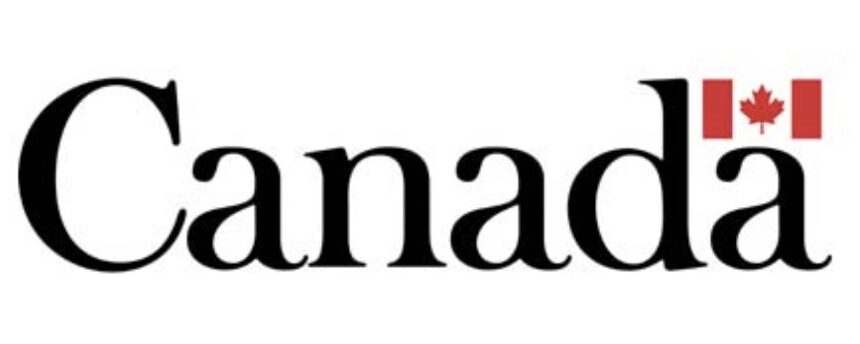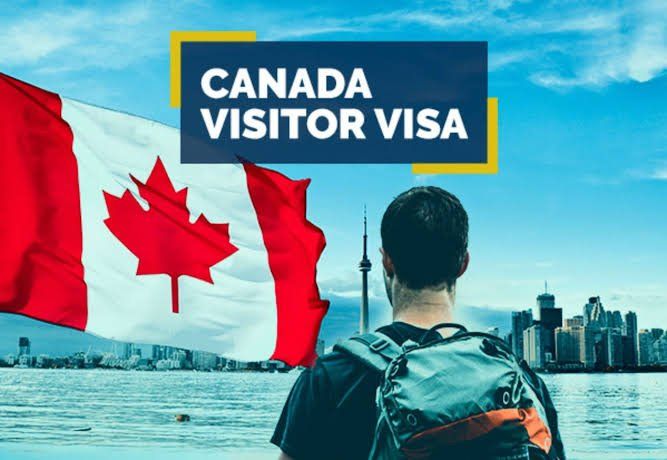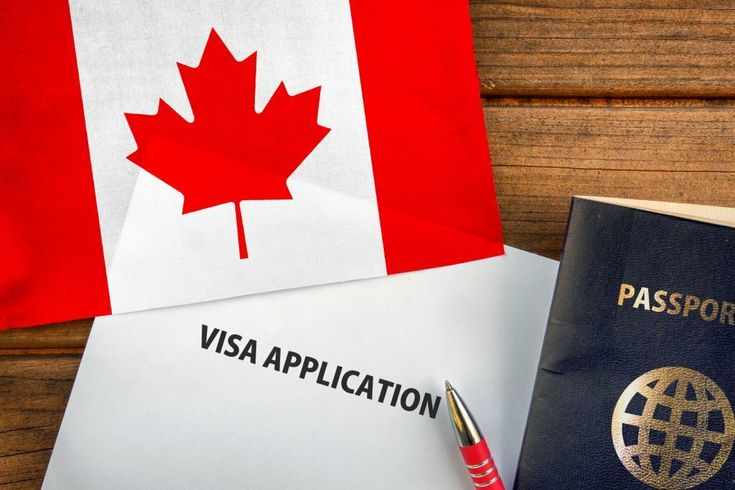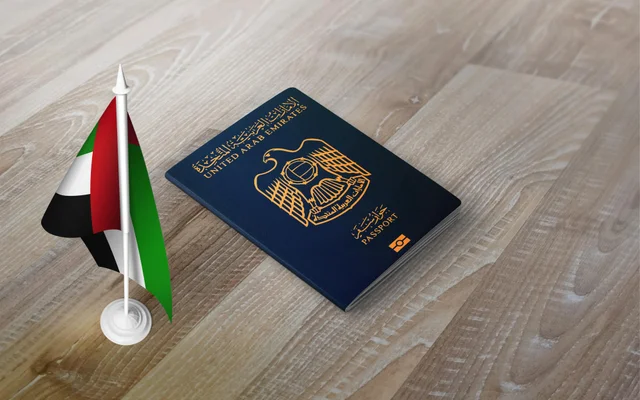How to Legally Stay in Canada After a Visitor Visa Expires
Staying in Canada legally after your visitor visa expires requires careful planning and a thorough understanding of Canadian immigration policies. This comprehensive guide will walk you through the various pathways to extend your stay, transition to a different status, or even achieve permanent residency. We’ll also explore related topics that might be of interest to those looking to immigrate or work in Canada.
Find your Eligibility for FREE!!
Understanding Your Visitor Visa
A visitor visa, also known as a Temporary Resident Visa (TRV), allows you to stay in Canada for up to six months. This visa is for temporary visits, such as tourism, visiting family, or business trips. It’s crucial to keep track of your visa’s expiration date to avoid overstaying, which can lead to serious consequences.
Types of Visitor Visas for Canada
Canada offers various types of visitor visas to accommodate different travel needs and purposes. Understanding the types of visitor visas available can help you choose the one that best suits your travel plans. Here’s a detailed look at the two main types of visitor visas for Canada:
Single-Entry Visa
A Single-Entry Visa allows you to enter Canada only once during the visa’s validity period. This type of visa is ideal for individuals who plan to visit Canada for a specific, one-time event or purpose, such as attending a conference, visiting family, or taking a short vacation.
Key Features of a Single-Entry Visa:
- One-Time Entry: You can enter Canada only once with this visa. If you leave Canada, even for a short trip to another country, you will need to apply for a new visa to re-enter Canada.
- Validity Period: The visa is typically valid for up to six months from the date of entry. However, the exact duration is determined by a border services officer upon your arrival in Canada.
- Purpose of Visit: Suitable for single trips, such as attending a wedding, conference, or short-term tourism.
For those planning to visit Canada for a specific event or purpose, a Single-Entry Visa can be a cost-effective and straightforward option. However, if your travel plans involve multiple entries into Canada, you may want to consider a Multiple-Entry Visa.
Multiple-Entry Visa
A Multiple-Entry Visa allows you to enter and leave Canada multiple times within the visa’s validity period. This type of visa is ideal for individuals who need to travel to Canada frequently, such as business travelers, tourists planning multiple trips, or those visiting family and friends over an extended period.
Key Features of a Multiple-Entry Visa:
- Multiple Entries: You can enter and leave Canada multiple times as long as the visa is valid. This is convenient for frequent travelers who need to visit Canada regularly.
- Validity Period: The visa can be valid for up to 10 years or until your passport expires, whichever comes first. Each entry into Canada is typically allowed for up to six months, as determined by a border services officer.
- Flexibility: Offers greater flexibility for travelers with multiple trips planned to Canada, eliminating the need to apply for a new visa each time you wish to enter the country.
Importance of Compliance
Overstaying your visa can result in deportation and a ban from re-entering Canada for a specified period. It’s essential to comply with the terms of your visa and plan your next steps well in advance.
Extending Your Stay
If you wish to stay longer than the authorized period, you must apply to extend your stay at least 30 days before your status expires. You can apply for a visitor record, which allows you to stay in Canada temporarily. This process involves submitting an application to Immigration, Refugees and Citizenship Canada (IRCC) and providing a valid reason for extending your stay.
Applying for a Visitor Record
To apply for a visitor record, you’ll need to:
- Check Eligibility: Ensure you meet the requirements for extending your stay.
- Gather Documents: Prepare necessary documents, including a valid passport, proof of financial support, and a letter explaining why you need to extend your stay.
- Submit Application: Apply online through the IRCC website or by paper application.
Tips for a Successful Application
- Provide Clear Reasons: Clearly state why you need to extend your stay. Valid reasons include medical treatment, family emergencies, or unforeseen travel delays.
- Show Proof of Funds: Demonstrate that you have sufficient funds to support yourself during your extended stay.
- Maintain Good Status: Ensure you have not violated any conditions of your current visa.
Transitioning to a Different Status
If you want to stay in Canada for work, study, or other purposes, you may need to change your status. Here are some pathways to consider:
Work Permit
Applying for a work permit is a common way to extend your stay in Canada. You’ll need a job offer from a Canadian employer and, in some cases, a Labour Market Impact Assessment (LMIA). Certain jobs, like caregiver jobs, may offer visa sponsorship, making the process smoother.
Types of Work Permits
- Employer-Specific Work Permit: This allows you to work for a specific employer in Canada.
- Open Work Permit: This allows you to work for any employer in Canada.
Steps to Apply for a Work Permit
- Secure a Job Offer: Find an employer willing to sponsor you. Websites like Best Websites to Find Job Openings in Canada can be helpful.
- Gather Documents: Prepare necessary documents, including a job offer letter, a positive LMIA (if required), and a valid passport.
- Submit Application: Apply online through the IRCC website.
Study Permit
If you plan to study in Canada, you can apply for a study permit. This allows you to stay in Canada for the duration of your study program. Some institutions offer scholarships that cover tuition and visa sponsorship, which can be a significant financial aid.
Choosing the Right Program
- Research Institutions: Look for institutions that offer programs in your field of interest.
- Check Scholarships: Explore scholarships that cover tuition and living expenses, such as those offered by Tuition-Free Universities in Canada.
Steps to Apply for a Study Permit
- Get Acceptance Letter: Secure an acceptance letter from a designated learning institution (DLI) in Canada.
- Gather Documents: Prepare necessary documents, including a valid passport, proof of financial support, and a letter of acceptance.
- Submit Application: Apply online through the IRCC website.
Temporary Foreign Worker Program
The Temporary Foreign Worker Program allows foreign workers to work in Canada for a specified period. This program is designed to fill labor shortages and can be a pathway to permanent residency. Jobs like fruit picker or warehouse worker often fall under this category and may offer visa sponsorship.
Benefits of the Program
- Fill Labor Shortages: The program helps fill labor shortages in various sectors.
- Pathway to Permanent Residency: Gaining work experience in Canada can improve your eligibility for permanent residency programs.
Steps to Apply
- Find a Job Offer: Secure a job offer from a Canadian employer.
- Get an LMIA: In some cases, your employer will need to get a positive LMIA.
- Submit Application: Apply for a work permit through the IRCC website.
Pathways to Permanent Residency
If you aim to stay in Canada permanently, consider the following pathways:
Express Entry
The Express Entry program is a popular pathway to permanent residency for skilled workers. It manages applications for three economic immigration programs: the Federal Skilled Worker Program, the Federal Skilled Trades Program, and the Canadian Experience Class. Applying for the Canadian Express Entry Program in 2025 can significantly improve your chances of obtaining permanent residency.
How Express Entry Works
- Create a Profile: Submit your profile to the Express Entry pool.
- Get an Invitation to Apply (ITA): If you meet the criteria, you may receive an ITA.
- Submit Application: Submit your application for permanent residency within the specified timeframe.
Tips for a Successful Application
- Improve Your Score: Increase your Comprehensive Ranking System (CRS) score by improving your language skills, gaining work experience, or securing a job offer.
- Be Honest: Provide accurate and honest information in your application.
Provincial Nominee Program (PNP)
Each province and territory in Canada has its own immigration program, known as the Provincial Nominee Program (PNP). These programs allow provinces to nominate individuals who have the skills needed in the local economy for permanent residency.
Benefits of PNP
- Targeted Selection: Provinces can nominate individuals based on their specific labor market needs.
- Faster Processing: Some PNP streams offer faster processing times compared to other immigration programs.
Steps to Apply
- Choose a Province: Research and choose a province that suits your skills and preferences.
- Submit Application: Apply to the province’s PNP stream.
- Get Nomination: If nominated, apply for permanent residency through the IRCC.
Canadian Experience Class
If you have gained skilled work experience in Canada, you may be eligible for the Canadian Experience Class. This program is designed for temporary foreign workers and international students who wish to become permanent residents.
Eligibility Criteria
- Work Experience: You must have at least 12 months of full-time skilled work experience in Canada.
- Language Proficiency: You must meet the required language proficiency levels.
Steps to Apply
- Check Eligibility: Ensure you meet the eligibility criteria.
- Gather Documents: Prepare necessary documents, including proof of work experience and language test results.
- Submit Application: Apply through the IRCC website.
Marriage and Family Sponsorship
Marrying a Canadian citizen or permanent resident can be a pathway to permanent residency. There are various ways to get a Canada marriage visa, and understanding these options can help you navigate the process more effectively.
Types of Family Sponsorship
- Spousal Sponsorship: For spouses or common-law partners.
- Dependent Child Sponsorship: For dependent children.
- Parent and Grandparent Sponsorship: For parents and grandparents.
Steps to Apply
- Check Eligibility: Ensure you meet the eligibility criteria for family sponsorship.
- Gather Documents: Prepare necessary documents, including proof of relationship and financial support.
- Submit Application: Apply through the IRCC website.
Practical Considerations
Finding Accommodation
Finding affordable accommodation is crucial for new immigrants. There are affordable temporary housing options and guides on finding cheap apartments that can help you settle in Canada without breaking the bank.
Tips for Finding Accommodation
- Research Neighborhoods: Look for neighborhoods that suit your lifestyle and budget.
- Use Online Platforms: Utilize online platforms to search for rental listings.
- Consider Roommates: Sharing accommodation can help reduce costs.
Government Assistance
Canada offers various government assistance programs for new immigrants, including healthcare, employment services, and language training. These programs can provide valuable support as you transition to life in Canada.
Types of Assistance
- Healthcare: Access to provincial healthcare plans.
- Employment Services: Job search assistance and career counseling.
- Language Training: Free or subsidized language classes.
Job Search Strategies
Finding a job in Canada can be competitive, but there are strategies to improve your chances of getting hired. Networking, tailoring your resume to Canadian standards, and leveraging job search websites can make a significant difference.
Tips for Job Search
- Network: Attend industry events and join professional associations.
- Tailor Your Resume: Customize your resume for each job application.
- Prepare for Interviews: Practice common interview questions and research the company.
Financial Planning
Managing your finances is crucial when immigrating to Canada. Consider the cost of living, savings, and potential income sources. Jobs like dog walker or pet care assistant can provide additional income and visa sponsorship.
Tips for Financial Planning
- Create a Budget: Plan your expenses and savings.
- Build an Emergency Fund: Save money for unexpected expenses.
- Explore Income Sources: Look for part-time jobs or freelance work to supplement your income.
Exploring Other Immigration Options
Startup Visa
If you are an entrepreneur with an innovative business idea, the Startup Visa program can be a pathway to permanent residency. This program allows you to start a business in Canada and gain permanent residency if your business meets certain criteria.
Eligibility Criteria
- Business Plan: You must have a qualifying business.
- Letter of Support: You must secure a letter of support from a designated organization.
- Language Proficiency: You must meet the required language proficiency levels.
Steps to Apply
- Develop a Business Plan: Create a comprehensive business plan.
- Secure Support: Get a letter of support from a designated organization.
- Submit Application: Apply through the IRCC website.
Caregiver Program
The Caregiver Program allows individuals to work in Canada as caregivers and apply for permanent residency after gaining work experience. This program is designed to address the shortage of caregivers in Canada.
Types of Caregiver Jobs
- Home Child Care Provider: For caregivers who provide childcare in a home setting.
- Home Support Worker: For caregivers who provide care for elderly or disabled individuals in a home setting.
Steps to Apply
- Secure a Job Offer: Find a job offer from a Canadian employer.
- Gather Documents: Prepare necessary documents, including a job offer letter and proof of qualifications.
- Submit Application: Apply for a work permit through the IRCC website.
Conclusion
Staying in Canada legally after your visitor visa expires involves understanding your options and taking proactive steps. Whether you extend your stay, transition to a different status, or pursue permanent residency, Canada offers numerous pathways to help you achieve your immigration goals. By exploring related topics and resources, you can better navigate the immigration process and build a successful life in Canada.
This guide provides a comprehensive overview, but it’s essential to consult official immigration resources and consider seeking advice from an immigration consultant or lawyer to ensure you meet all requirements and deadlines. With careful planning and a thorough understanding of the immigration process, you can successfully extend your stay in Canada and work towards achieving your long-term goals.







